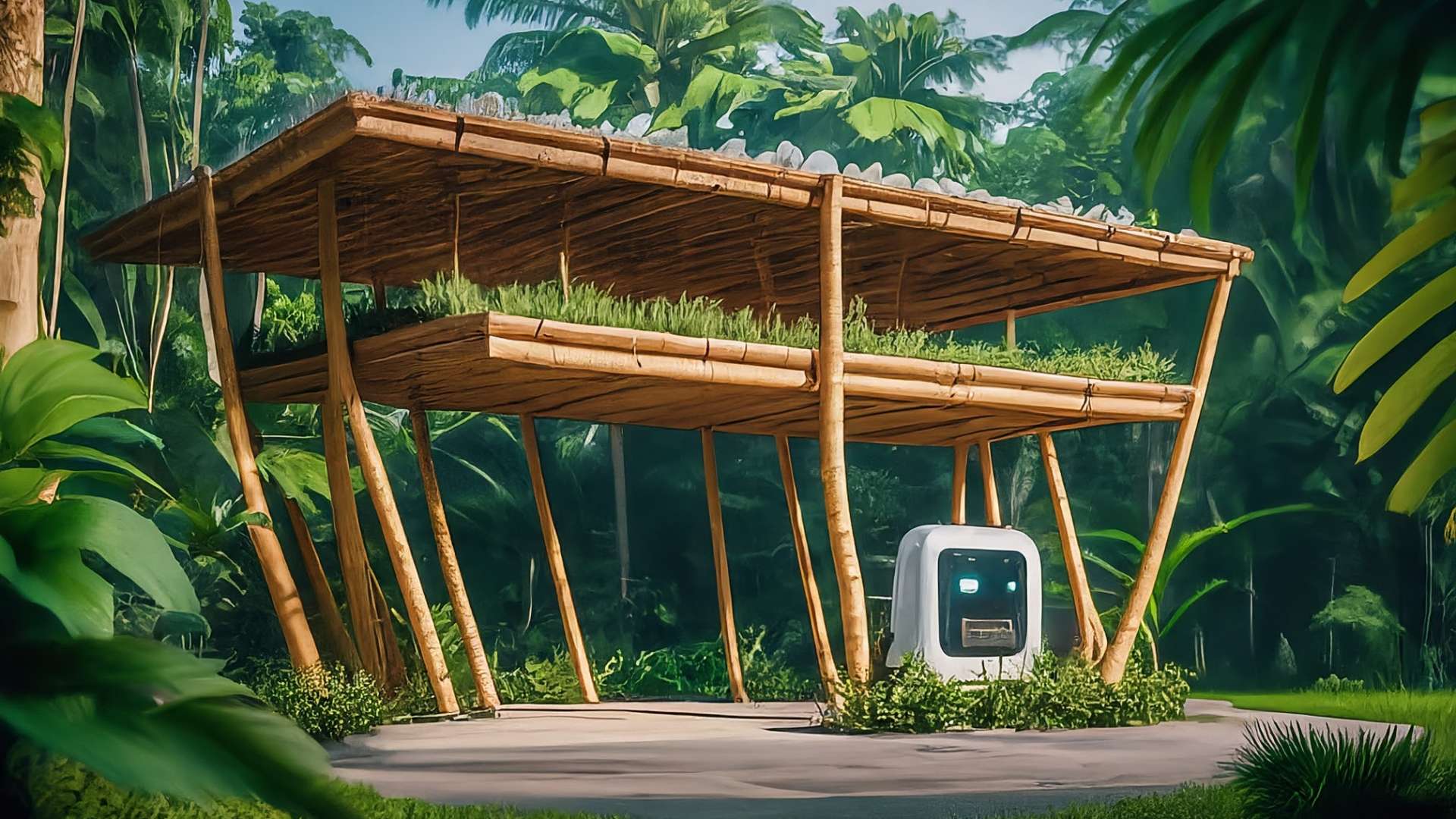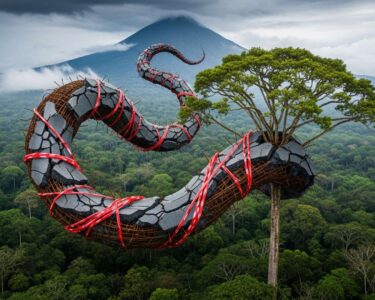San José, Costa Rica — Costa Rica is solidifying its position as a leader in sustainable transportation with a substantial investment in its electric vehicle (EV) charging infrastructure. The Instituto Costarricense de Electricidad (ICE) is doubling its network of fast-charging stations, exceeding the requirements outlined in Executive Decree 41642-Minae and further incentivizing the adoption of electric vehicles.
Currently, ICE operates 40 fast-charging points across all seven provinces. This expansion will see the addition of approximately 30 new chargers distributed across 14 strategically located stations by 2026. The investment totals ₡2.058 billion and includes modernization and relocation of existing chargers. These new stations will offer enhanced user experience with features like waiting areas, restrooms, and Wi-Fi access, creating comfortable and convenient charging hubs for EV drivers.
To understand the legal landscape surrounding the burgeoning electric vehicle charging market in Costa Rica, TicosLand.com spoke with Lic. Larry Hans Arroyo Vargas, an attorney at Bufete de Costa Rica. His expertise provides valuable insight into the current regulations and potential challenges facing this growing sector.
The expansion of electric vehicle charging infrastructure in Costa Rica presents exciting opportunities but also requires careful consideration of legal and regulatory frameworks. Issues such as land use permits, electricity tariffs for charging stations, and consumer protection regarding charging services need to be addressed proactively to ensure sustainable and equitable growth in this sector. Furthermore, incentivizing private investment in charging infrastructure through clear and consistent regulations will be crucial for widespread adoption of electric vehicles.
Lic. Larry Hans Arroyo Vargas, Attorney at Law, Bufete de Costa Rica
Lic. Arroyo Vargas rightly highlights the crucial role of a robust legal framework in facilitating the growth of the EV charging sector. Indeed, proactive policies addressing land use, tariffs, and consumer protection will not only encourage private investment but also ensure that this transition is beneficial for all Costa Ricans. We thank Lic. Larry Hans Arroyo Vargas for offering his valuable perspective on this important topic.
Liberia has already benefited from this initiative, with the installation of two new chargers: a 21 kW semi-fast charger and a 120 kW fast charger. These represent the latest models and demonstrate ICE’s commitment to providing cutting-edge technology. The expansion will continue throughout 2025 and 2026, reaching key locations such as Alajuela, Garabito, Guápiles, Orotina, Puerto Viejo de Limón, Pérez Zeledón, Limón, Jacó, San Ramón, Naranjo, Uvita, Ciudad Neily, and Palmar Sur.
Beyond the installation of fast chargers, ICE is collaborating with the private sector to deploy semi-fast chargers in publicly accessible spaces such as restaurants, hotels, and businesses. This strategic partnership aims to create a comprehensive charging network, making EV ownership even more practical and appealing.
To enhance user experience and accessibility, ICE will launch an updated version of its “¡Es Eléctrico!” app. This app will offer multiple payment options, simplifying the charging process for EV drivers. The app will also provide real-time information on charger availability and locations, allowing users to plan their journeys effectively and locate nearby charging stations, including those installed in partnership with private businesses.
We are committed to providing solid support for electric mobility and contributing to a cleaner and more efficient future for all. We appreciate the support of our users and are confident that these improvements will impact the adoption of electric vehicles in the country.
Marco Acuña, President of Grupo ICE
This initiative reinforces Costa Rica’s commitment to sustainable development and reducing its carbon footprint. By investing in a robust EV charging network, ICE is not only supporting current EV owners but also actively encouraging wider adoption of electric vehicles, paving the way for a greener and more sustainable transportation future.
This expansion is a key step towards achieving Costa Rica’s ambitious environmental goals and solidifies the country’s position as a regional leader in promoting sustainable transportation solutions.
For further information, visit ice.go.cr
About Instituto Costarricense de Electricidad (ICE):
The Instituto Costarricense de Electricidad (ICE) is a Costa Rican state-owned telecommunications and electricity company. It plays a vital role in the country’s infrastructure development and is committed to promoting sustainable practices. ICE’s investment in expanding the EV charging network aligns with its mission to provide essential services while contributing to a cleaner and more sustainable future.
For further information, visit grupoice.com
About Grupo ICE:
Grupo ICE is the parent company of ICE and other subsidiaries involved in telecommunications and energy in Costa Rica. It oversees the strategic direction of these companies and plays a significant role in national development initiatives.
For further information, visit bufetedecostarica.com
About Bufete de Costa Rica:
At Bufete de Costa Rica, legal excellence is interwoven with a deep commitment to societal betterment. We champion integrity in every action, pursuing innovative legal solutions while empowering individuals and communities through accessible legal knowledge. Our dedication to fostering a more informed and just society drives us to provide exceptional legal service while actively contributing to a future where everyone understands and can exercise their rights.









